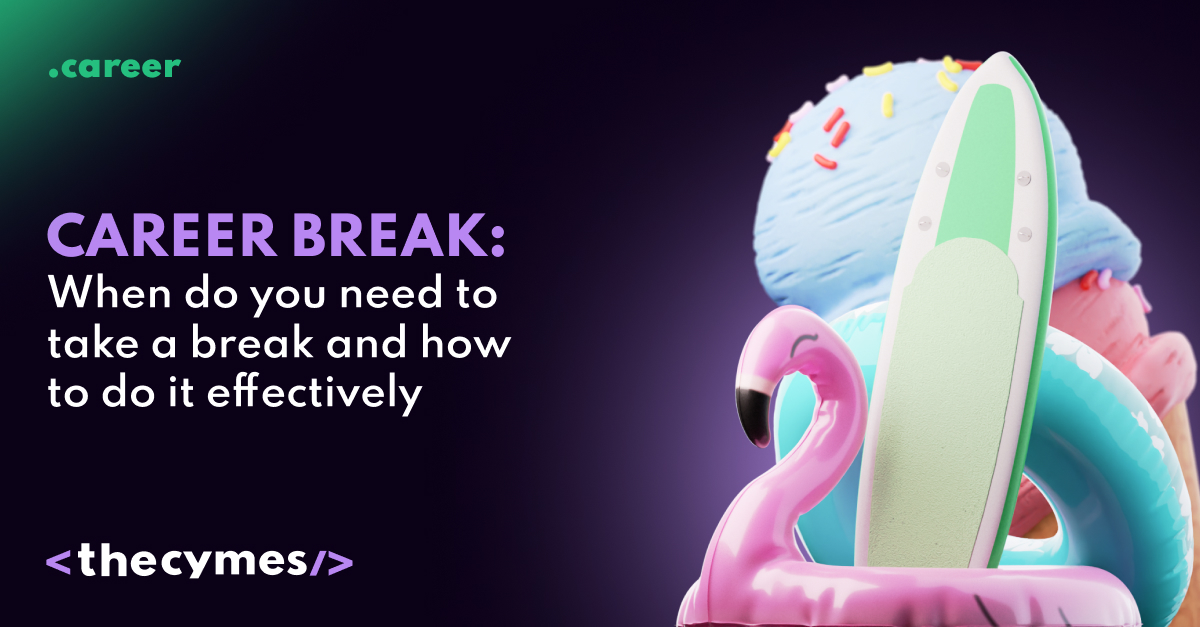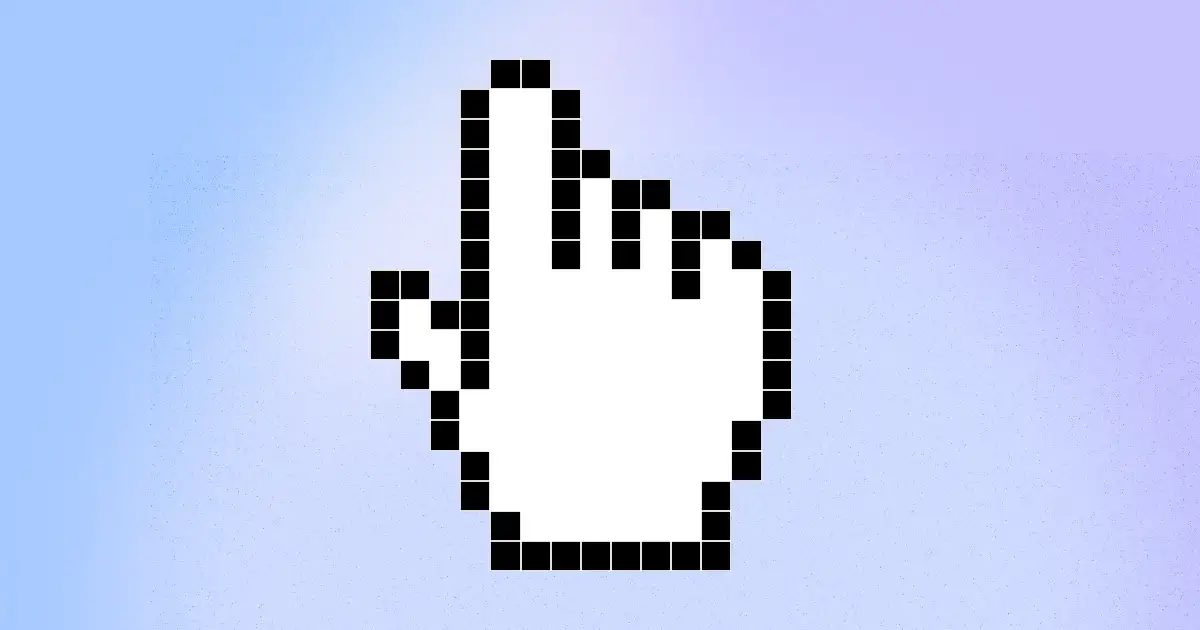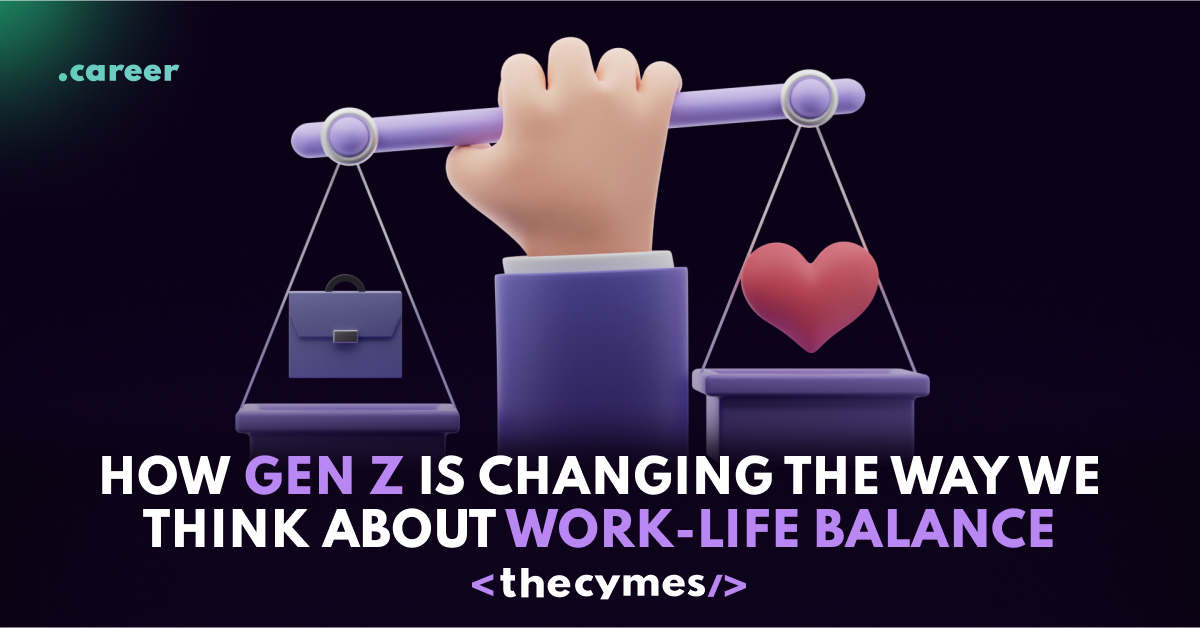.entrepreneurship31 October 10:10
0<
Career break: When do you need to take a break and how to do it effectively
/>What's your experience with career breaks? Have they helped your professional journey? Discover more in our new article be updated on the latest tech newsGet exclusive news updates and overview on tech market




